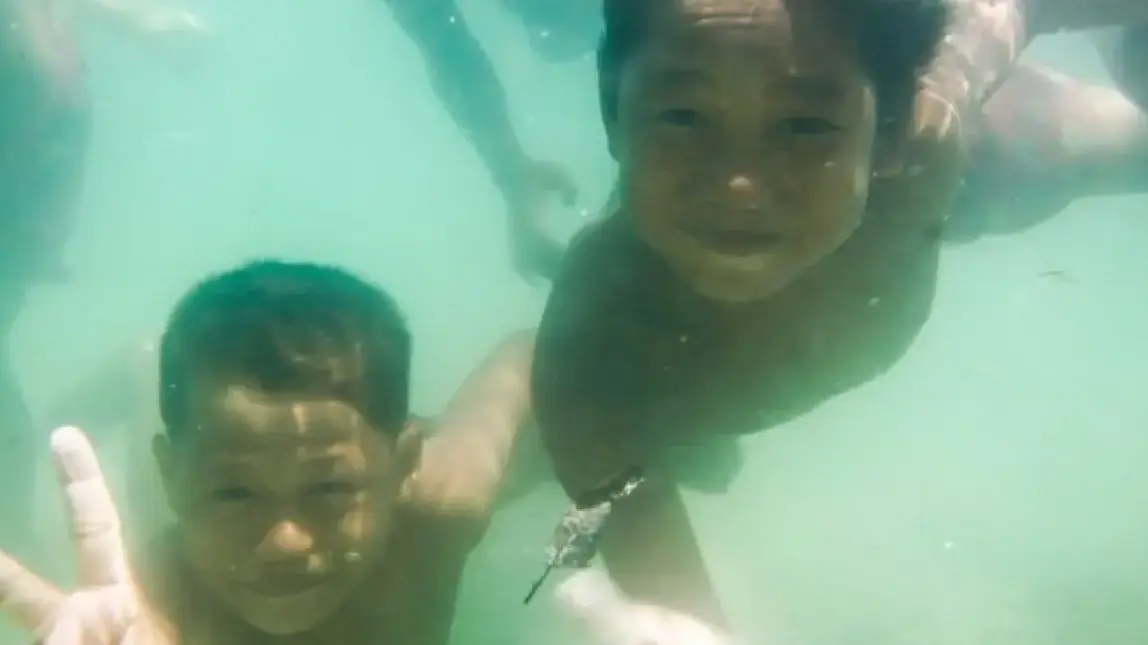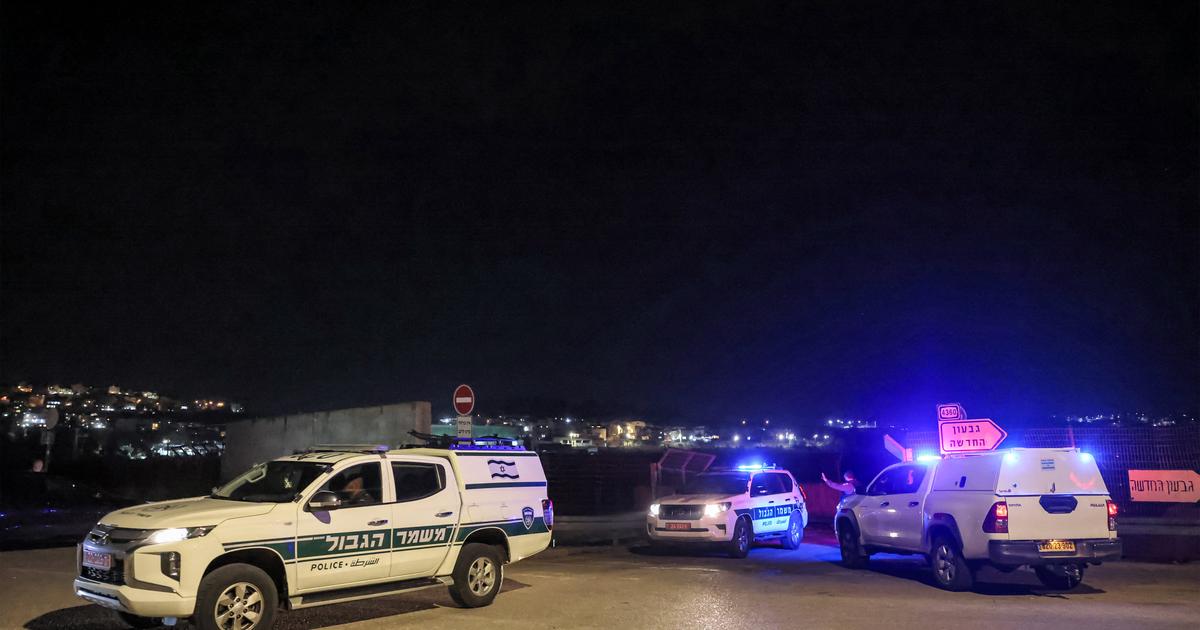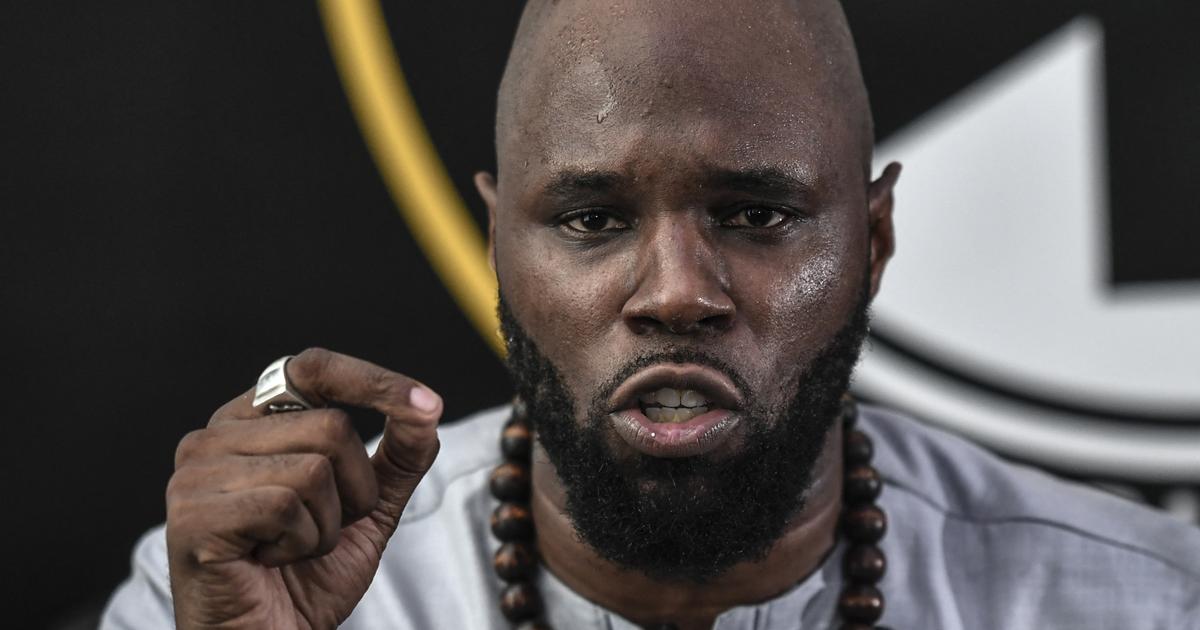“Since I started the company, my brothers are suspicious of me, but who knew it would be so bad?
It is very sad that the oil companies come to make us fight among the community members and the families ”.
The one who laments crying, with a broken voice, is Wilson Ochoa, leader of the Kichwa Llanchama community of the Yasuní National Park (PNY) in Ecuador, one of the most biodiverse regions in the world and declared a world biosphere reserve by the UN in 2008 “They offered us jobs for the people, scholarships for high school and high school students.
There were many offers, but they have not fulfilled us, "adds Ochoa.
This is how the world's lung is saved
A letter from the Amazon: you destroy what you don't understand
The legacy of the environmental activist that continues to resonate 32 years after his murder
The consequences of oil exploitation for the communities that inhabit the Ecuadorian Amazon are not a new evil: in the fifties of the 20th century, American missionaries came into contact with the Waoranis and paved the way for the oil companies to take over the exploitation of their lands.
Currently, 68% of the territory, home to about 12 tribes, has been divided by companies.
Ochoa surrendered to the offers made by the Government and the multinationals, but in this constant struggle to preserve their habitat, there is a people that remains firm and defiant in the face of oil: the Waoranis, protagonists of
Spears Everywhere
, a film by director Christopher Walker, which closes this Thursday the Another Way Film Festival, held from October 22 until today in Madrid in face-to-face and online format due to the pandemic.
“How do we want to live in 20 years?
The union of the community is very important for this because are we going to continue begging from the oil companies or not? ”.
Opi Nenguimo is one of the protagonists of the film and one of the leaders of the town of Nemonpare, one of the few areas that resists the siege and that is located within the so-called block 22, a total of 200,000 hectares of ancestral lands that still remain. Virgin of the oil fields thanks to the struggle of these indigenous people.
“I wanted to make a film from the perspective of the Waorani and their relationship with the oil companies.
I think their success is in showing how companies and the government operate instead of them telling you what they are doing, which they don't usually tell the truth. ”25 years ago, director Christopher Walker traveled to the Amazon to tell the story of the Waoranis in the documentary
Trinkets & Beads
(1995) After that first incursion, he returned at the end of 2014, to see if the tribe could still win their fight against big business and be present at the possible block 22 auction. Recording and post-production work lasted five years, with a team of several cameras and sound technicians, and some assistants from the tribe itself who voluntarily collaborated in the filming.
In an hour and a half of film, a hybrid of documentary and news reportage, which intermingles images of those first American missionaries with current scenes, Walker strives to show the daily life of the tribe - how they hunt, fish and exploit ecotourism as another of their sources of income - and the actions of this indigenous people against oil.
"It is as if they had nailed an arrow into the heart of Yasuní," laments one of the Waoranis on the road that crosses the ancestral land in block 31, an area exploited by the Petroamazonas company.
The so-called block 22, of around 200,000 hectares, still remains unspoiled by oil exploitation thanks to the struggle of these indigenous people
In this attempt to confront the power of the Government and the oil exploitation, Opi Nenguimo and the community of Block 22 decided to make a map of the area in which, thanks to the help of the collective memory of the oldest, satellites and GPS, it would be possible to show which are the wealth of the fauna and flora of this ancestral land and thus justify the outrage that would mean that the territory was exploited in the future by multinationals, as other areas are already being.
“If nobody stops them, this story goes for a long time, 100 or 1,000 years.
And from there, what happens, all full of roads?
There our culture will be lost ”, Nenguimo explains in the documentary.
“They have violated us.
They are entering our house, ”Alicia Cahuilla, vice president of the Waorani nation, laments before the cameras.
That image belongs to 2014. In 2019, the Waoranis won a lawsuit that will keep the oil companies out of Block 22. The indigenous people are taking legal action to eliminate them from other areas.
With spears or with the tools of the 21st century, this tribe will continue to defend their land, despite the difficulties, as Walker himself remarks: "I hope they regain their sovereignty and independence to live their lives as they want, but it is a constant battle" .
FUTURE PLANET can follow on
,
and
, and subscribe
here
to our 'newsletter'
.







